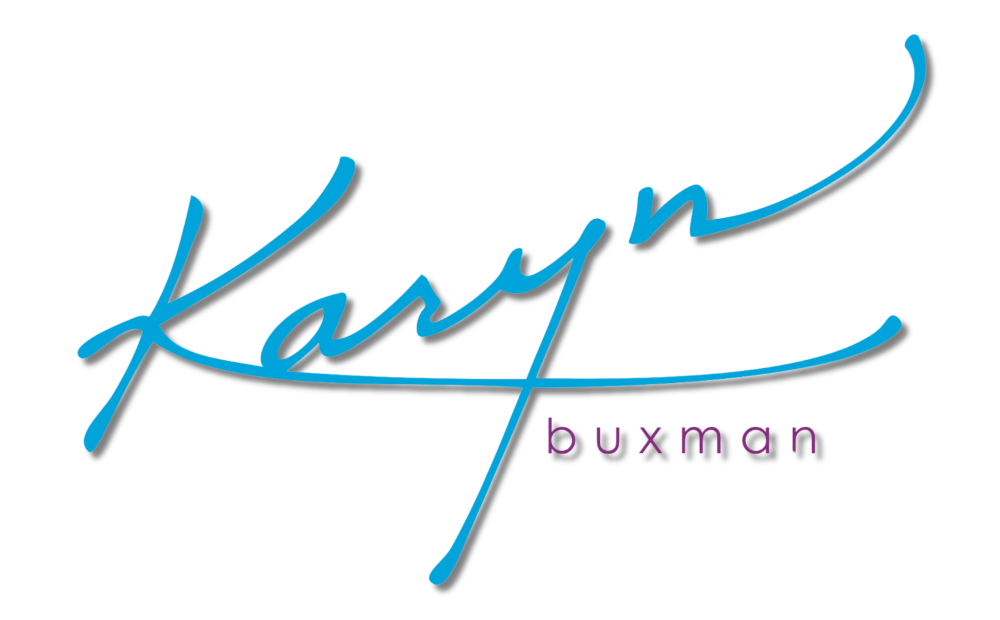If Seal Is Broken... (Might as Well Laugh)

Everywhere I look, there is some reminder of the election. (There's a job I won't be signing up for!) But then it struck me sometimes, being a nurse is like being President.
No. Air Force One won't be stopping by this morning to bring you to work. The odds are that you don't have a detachment of Secret Service personnel guarding you around the clock. There isn't a brass band that plays "Hail to the Chief" every time you walk in the room (but wouldn't that be cool?).
However, there are some similarities. For one, as a nurse, you are almost guaranteed to share this experience with the President: something will go wrong when you least expect it.
The event was Fortune's Most Powerful Women summit and President Obama began his address. And then THUD! The Presidential Seal on the front of the lectern fell off and hit the floor!
"Oh, goodness," he said. "That's all right." There, with the eyes of the world upon him, President Obama smiled and said, "All of you know who I am."
The audience - both those people who were in the room and those who caught the incident any of the hundreds of times it aired on the news—laughed. The moment passed and the President moved on.
I have to say, on some small scale, I know how he feels. Nurses always have an audience watching their every move sometimes things go wrong.
Have you ever been hurrying through your day moving as fast as you can because apparently hourly rounds mean seeing the patient once an hour, not taking an hour every time you make rounds (who knew?) only to step in what is known as a Spill-of-Unspecified-Origin and go slip-sliding across the room?
I know I have. (More than once, actually.)
President Obama demonstrated the perfect technique to use in these situations: acknowledge what happened, address it with humor, and move on.
This is why the best thing to do in these situations, after you've made sure nothing was injured in the incident besides your dignity, is to stand up and announce, "It's tough, training for the World Acrobatics Competition. I have to work in all the practice I can get!"
Your patient will surely appreciate your commitment to the tumbling arts, but that's not the only benefit of using humor in potentially embarrassing situations.
First, the use of humor can disperse the tension and discomfort that arise when something goes wrong. Patients know they don't have to be worried about what happened: by joking, you're assuring them that the situation is not serious. Because patients are carrying at least some tension and stress with them just by the very nature of being in the hospital, that's a relief.
Second, like the President, a nurse is a leader. And while the fate of our country does not lie on our shoulders, the fate of our patients and their families is something we do carry with us, often long after our shift is over. Our patients look to us for many things: information about what's going to happen next, insight about what their experience is going to be like, and guidance about the best way to deal with what's coming.
Sometimes the nature of our work necessitates emotional distance between us and our patients. But when we laugh, and we make it safe and appropriate for our patients to laugh too, both parties are reminded of their larger roles: members of the human race, in a world seemingly determined to throw petty obstacles in our way. What can we do but laugh?
Well, laugh and make sure our seals are firmly affixed to the lectern at all times!

